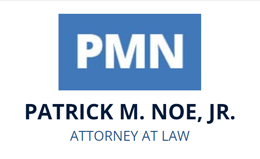Divorce negotiation may lead to a less hostile divorce
You and your spouse have had a hard time seeing eye to eye in many aspects of your lives, which is partly why you are getting divorced. You look forward to finally getting on with your own life. At the same time, you wonder how hostile the process will be for you both.
The good news is that your divorce process does not have to be an acrimonious one. Instead, if both parties can find common ground during informal negotiations, you can resolve your issues outside of court. Let us take a look at how divorce negotiations work in New York.
What is divorce negotiation?
During the marital breakup process, you and the other party will have to address a variety of divorce-related matters. For instance, you will need to decide who will keep the family home, or perhaps you can sell the home and divide the proceeds between the two of you. You also need to decide if one person should make alimony payments to the other, and if so, how much?
If you can find common ground on such matters, you and the other party can finalize your decisions in a settlement agreement. You will then present this written agreement to a family law judge, who will review it.
What will a judge look at in your divorce settlement agreement?
During a hearing, the family law judge will likely pose a few basic questions. For instance, the judge will want to know if you both understand the contents of the agreement. In addition, the judge will check to see if you both signed the agreement voluntarily rather than by force.
It is critical that your final agreement does not favor either of you more than the other one, as this will likely raise red flags during your informal hearing. If the judge feels that you negotiated your divorce settlement agreement in a fair manner, then it will likely receive the court’s approval.
Final steps
When the court approves your settlement agreement, you will receive a decree showing that your divorce is final. The decree will also indicate how you resolved your major divorce issues, ranging from child support to child custody and property division. An attorney can provide you with the guidance you need to ultimately achieve a fair and comprehensive agreement with your soon-to-be ex outside of court in New York.

